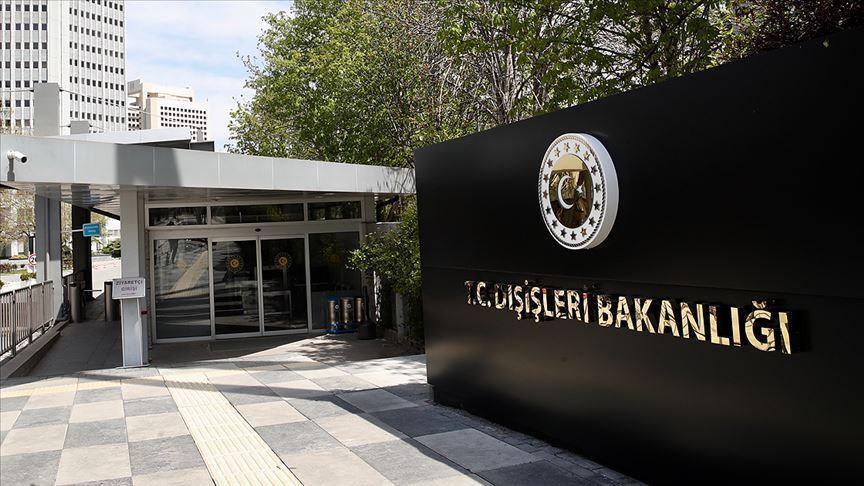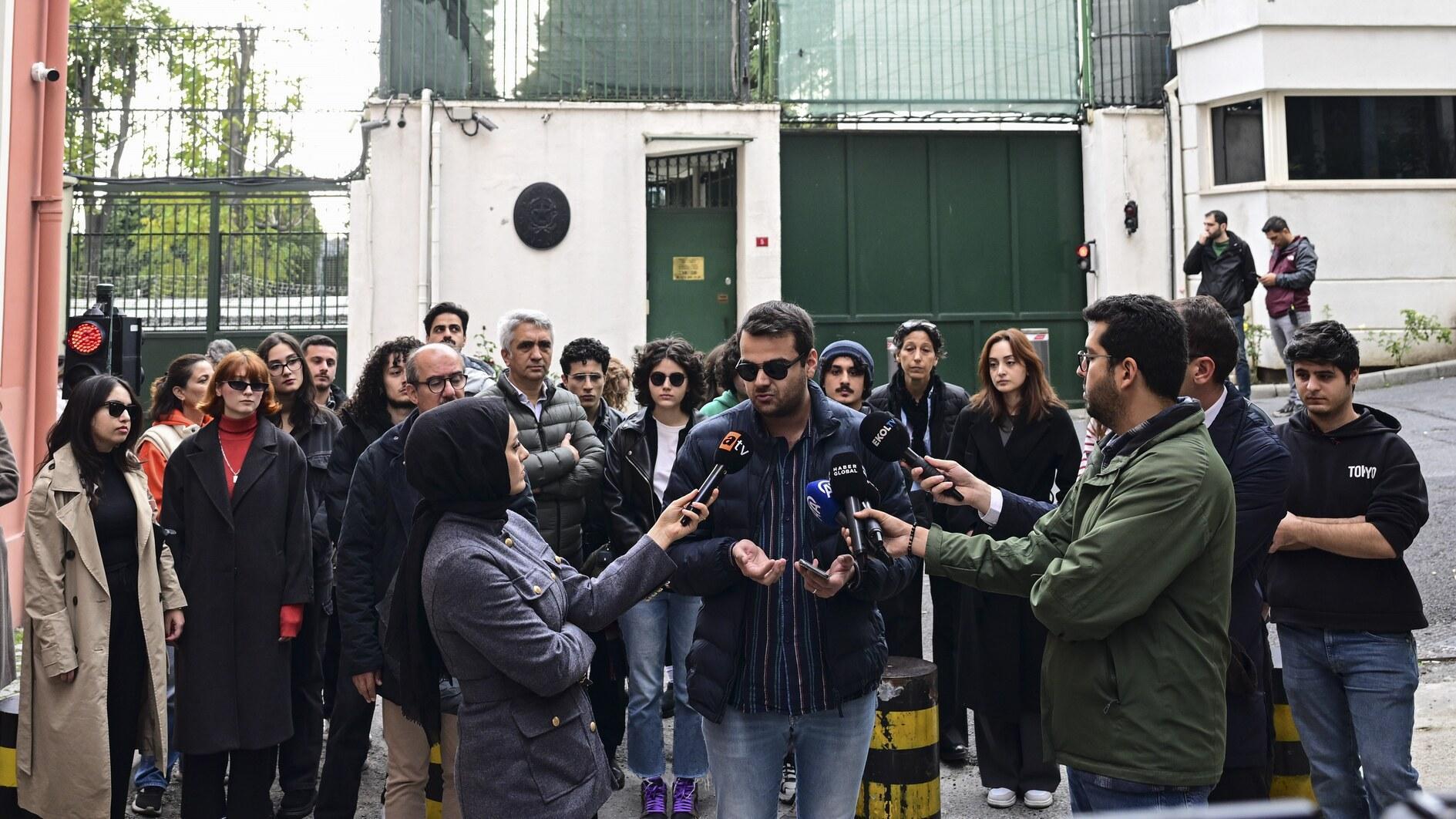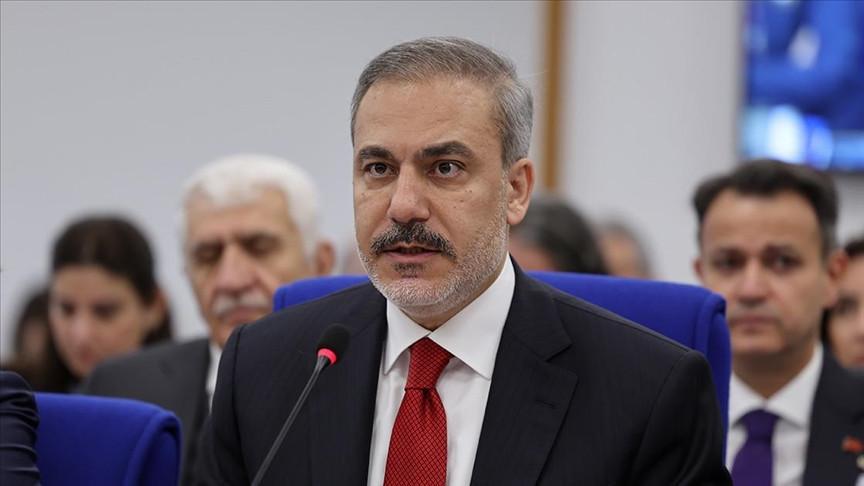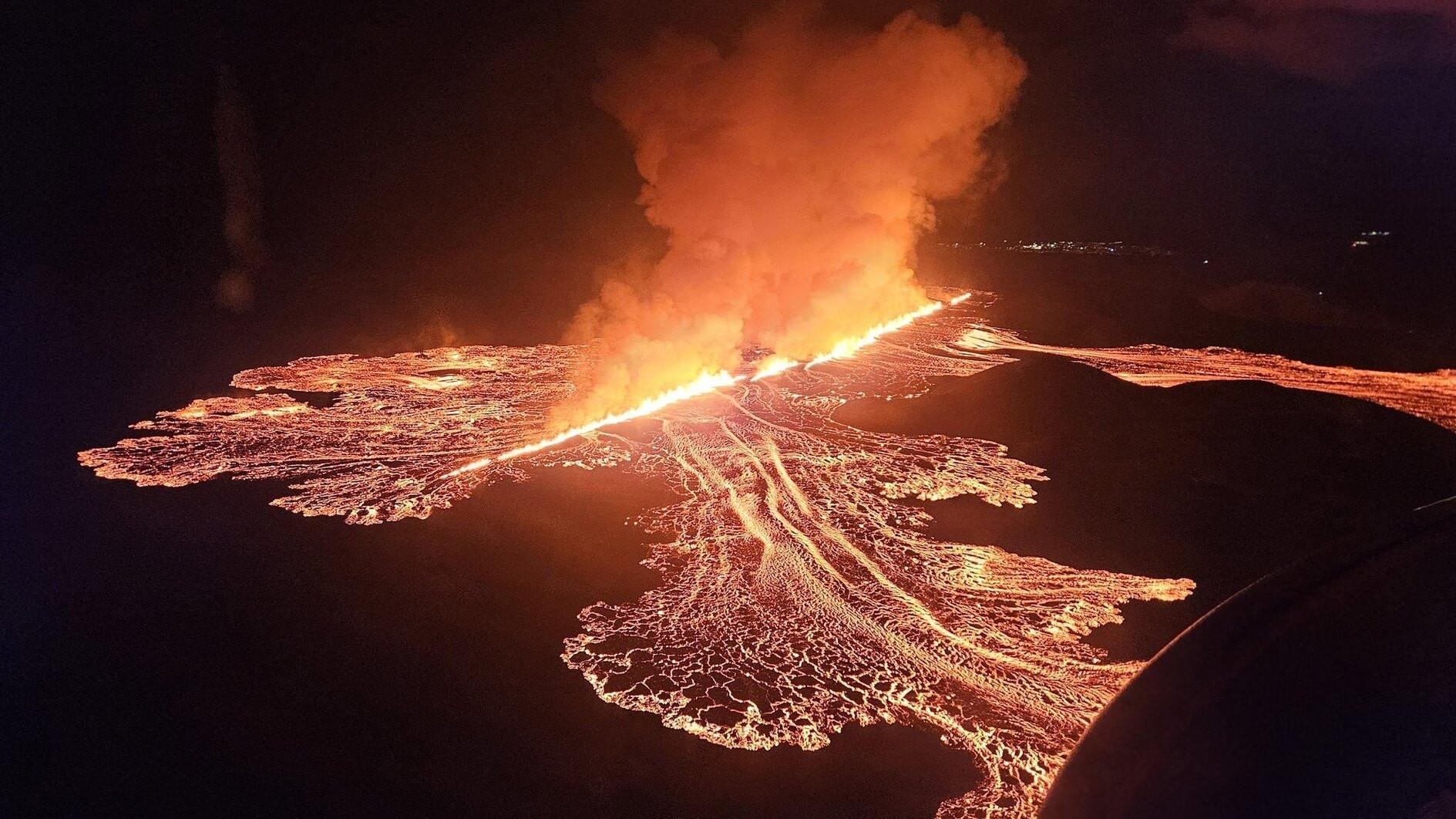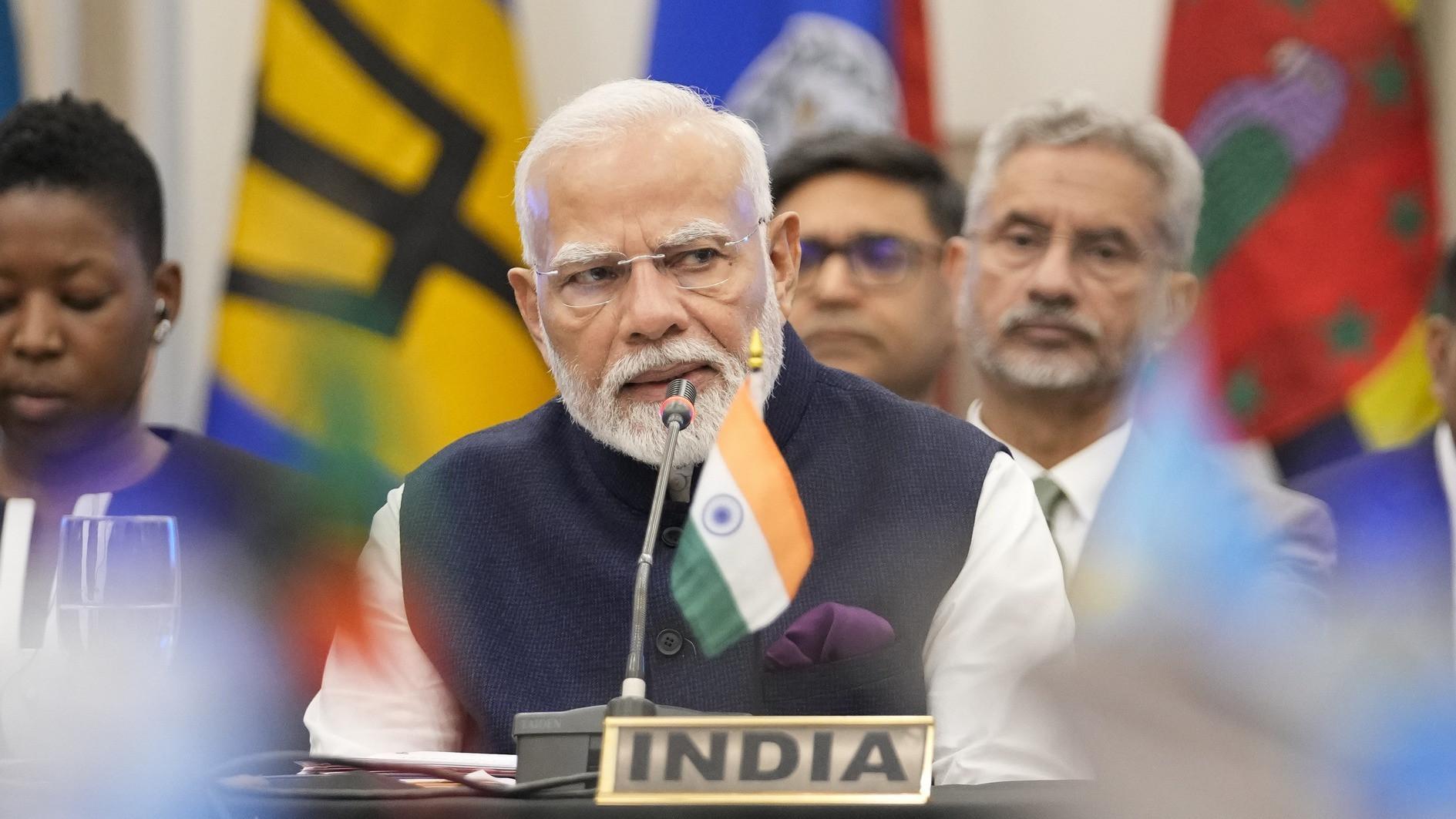Erdoğan admits ‘ties to be mended’ in Turkey’s relations
In his Eid al-Fitr message on July 4, Turkish President Tayyip Erdoğan said Ankara is engaged in a process of mending “strained” foreign relations, in order to leave crises behind and move on.
The original message was published in Turkish and the exact translation of the word Erdoğan used was “broken” relations, despite appearing in the English version on the official website of the Presidency as “strained.”
Here are Erdoğan’s words as they appeared in the official site: “We are improving our relations with Israel and Russia. The mutual steps taken in recent weeks are promising for the future. We are mending the strained relations again and overcoming crises triggered by the Syrian issue, terror and artificial tensions. We are removing the barriers in our way one by one. While leaving behind the crises in international relations and the war on terror, we are at the same time finalizing megaprojects that will carry Turkey to the future.”
These words could safely be interpreted as an indirect acknowledgement of Turkey’s “strained” foreign policy – (strained roughly since the start of the Arab Spring) - by the highest Turkish authority who has been in charge of it.
In a press conference right after that message was issued, following the weekly cabinet meeting, Prime Minister Binali Yıldırım said two important steps had been taken to normalize Turkey’s relations with its neighborhood since he took over from Ahmet Davutoğlu on May 22. These two steps were with Israel and Russia, and there would be more to come soon.
Foreign Minister Mevlüt Çavuşoğlu said on July 3, after meeting his Russian counterpart Sergey Lavrov on July 1 in the Black Sea resort of Sochi, that he was also ready to meet Egyptian Foreign Minister Sameh Shoukry. Egypt is another country with which Turkey’s relations hit rock bottom during and after the Arab Spring. Erdoğan has repeatedly condemned the military coup that overthrew the elected Muslim Brotherhood-backed president of Egypt, Mohamad Morsi, and brought Abdel Fattah el-Sisi to power. Turkey withdrew its ambassador to Egypt and denounced the incumbent Cairo government as “illegitimate” back in 2013.
Now, Çavuşoğlu’s statement to Turkish public broadcaster TRT is another step towards “mending strained relations.” (Çavuşoğlu, however, has denied reports that he said it was possible for Russia to use Turkey’s strategic İncirlik air base against the outlawed Islamic State of Iraq and the Levant. İncirlik is currently open to the air forces of U.S. and other NATO member countries, in the framework of the U.S.-led coalition against ISIL. Russia has been using Syria’s Hmeymim air base near Latakia since September 2015.)
There are also indications, if not official statements yet, that a gradual solution could be found with the EU about travel visa flexibilities to Turkish citizens and Turkey’s anti-terror law as a part of the refugee deal. Fighting against both ISIL and the outlawed Kurdistan Workers’ Party (PKK), the Turkish government officially says it is not a good time to adopt a more liberal law, especially when there are serious security problems sourcing from its southern neighbors Syria and Iraq.
Coming back to Erdoğan’s words, by underlining the need to “mend” them, he is obviously admitting that Turkey’s relations have been “strained” or “broken” in recent years. There is a tendency in the pro-government media to assign blame to former PM Davutoğlu, who was ousted in May. According to this line, as the foreign policy guru of the Justice and Development Party (AK Parti), in power for 13 years, Davutoğlu is responsible for the current trouble. It is not clear whether Erdoğan will himself claim that they was misled by Davutoğlu during all those years, but nevertheless the Turkish foreign policy is certainly in a phase of change, heading back to reality and away from ideology.



